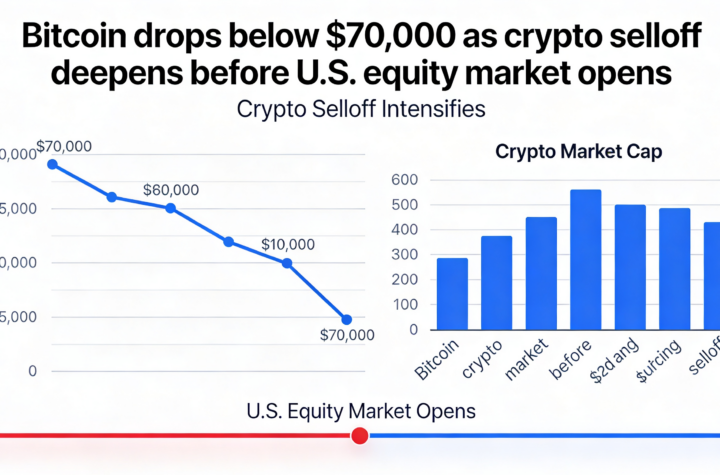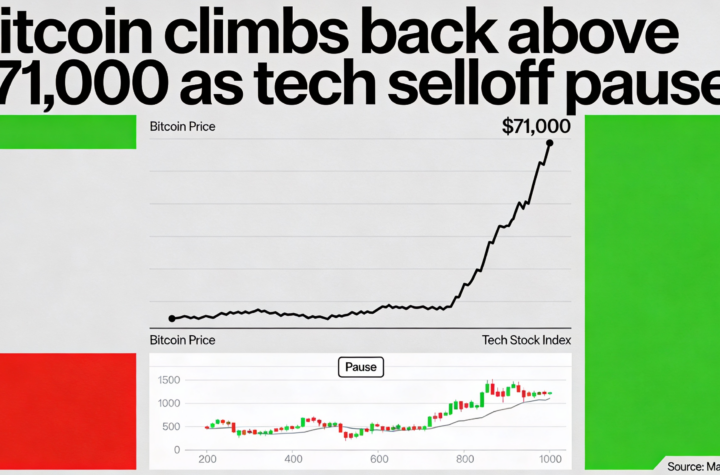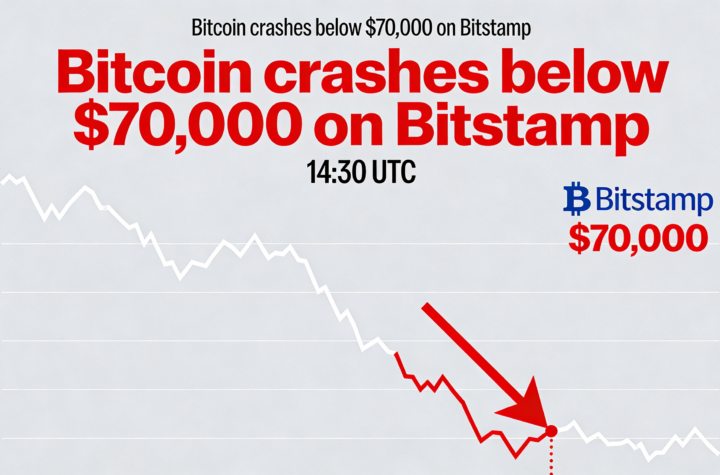
The Rise and Struggles of PIPE Financing in Bitcoin Treasury Strategies
Once promoted as a fast track to bitcoin accumulation, PIPE financing—Private Investments in Public Equity—is now under scrutiny as share prices of several notable deals have collapsed.
PIPEs allow institutional investors to purchase shares directly from a publicly traded company at a predetermined price, typically below market value. The structure enables rapid capital raising without the delays of traditional public offerings. The model has become popular among bitcoin treasury companies seeking to quickly expand BTC holdings, particularly via reverse mergers or SPAC transactions.
Lessons from NAKA and ASST
KindlyMD (NAKA), following its May 2025 reverse merger, turned bitcoin treasury operator Nakomoto into a wholly owned subsidiary. CEO David Bailey oversaw a PIPE that raised $563 million, supplemented by a $200 million convertible note, bringing total financing to $763 million. Funds were used to purchase bitcoin, including 21 BTC for $2.3 million in July and 5,743 BTC for $679 million in August.
Despite these acquisitions, NAKA’s stock has fallen more than 95%, from $30 to around $0.80. Its market net asset value (mNAV) has dipped below 1, indicating the company is valued at less than the worth of its underlying bitcoin and assets.
Strive (ASST), founded by Vivek Ramaswamy, merged with Asset Entities via a SPAC in September and raised $750 million through a PIPE at $1.35 per share—121% above pre-merger prices—to fund 5,885 BTC purchases. Additional initiatives included a $450 million equity shelf, a $500 million share buyback, and a pending acquisition of Semler Scientific, which would bring total BTC holdings to 11,700.
Despite these measures, ASST’s stock has mirrored NAKA’s decline, falling over 90% from May highs, with mNAV just below 1.
PIPE Financing Remains Risky
The disappointing performance of NAKA and ASST raises caution for other upcoming PIPE-driven deals. Twenty One Capital (XXI) merged with Cantor Equity Partners (CEP) and became the third-largest bitcoin treasury with 43,514 BTC. Shares initially jumped from $10 to $60 but have since fallen to around $20.
Bitcoin Standard Treasury Company (BSTR), led by Adam Back, plans a SPAC merger with Cantor’s CEPO, aiming to raise $3.5 billion, including $1.5 billion via a PIPE. CEPO shares peaked at $16 after the announcement and have since declined to roughly $10.50.
These cases demonstrate that while PIPE financing can accelerate bitcoin accumulation, it is not without risk. Rapid treasury growth does not guarantee shareholder returns, and investors should approach PIPE-driven strategies with caution.






More Stories
Bitcoin slips below $70,000 as crypto selloff intensifies ahead of the U.S. equity open.
Bitcoin rebounds above $71,000 as tech stock selloff eases.
Bhutan shifts bitcoin to trading firms and exchanges as BTC slides toward $70,000.